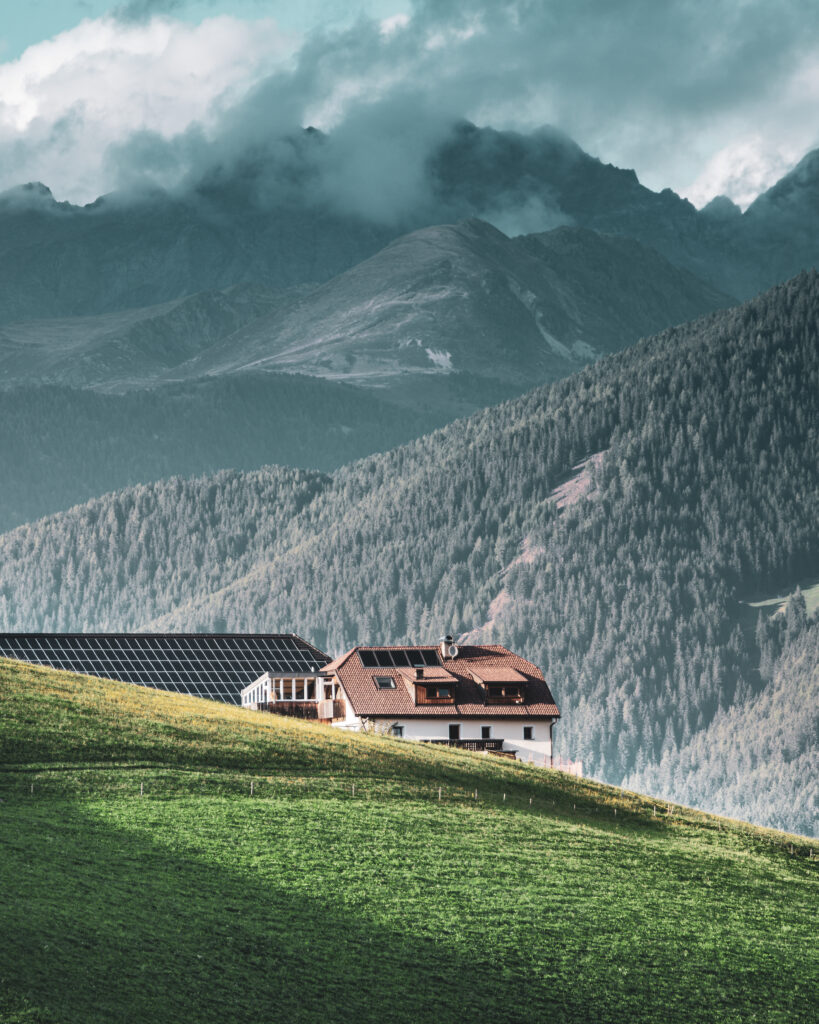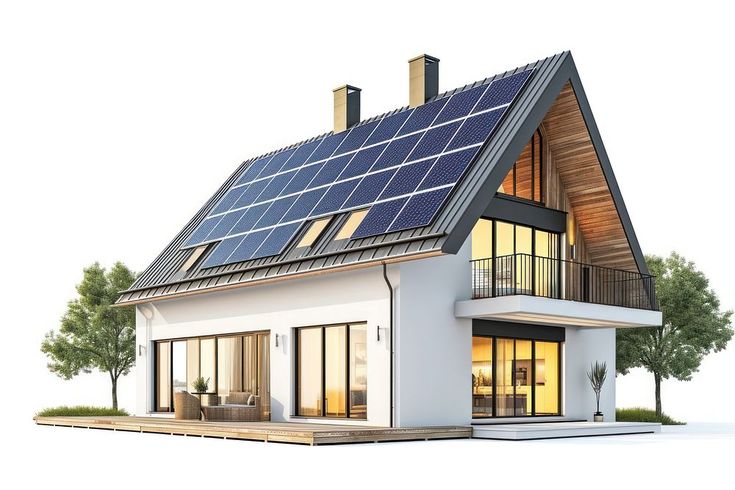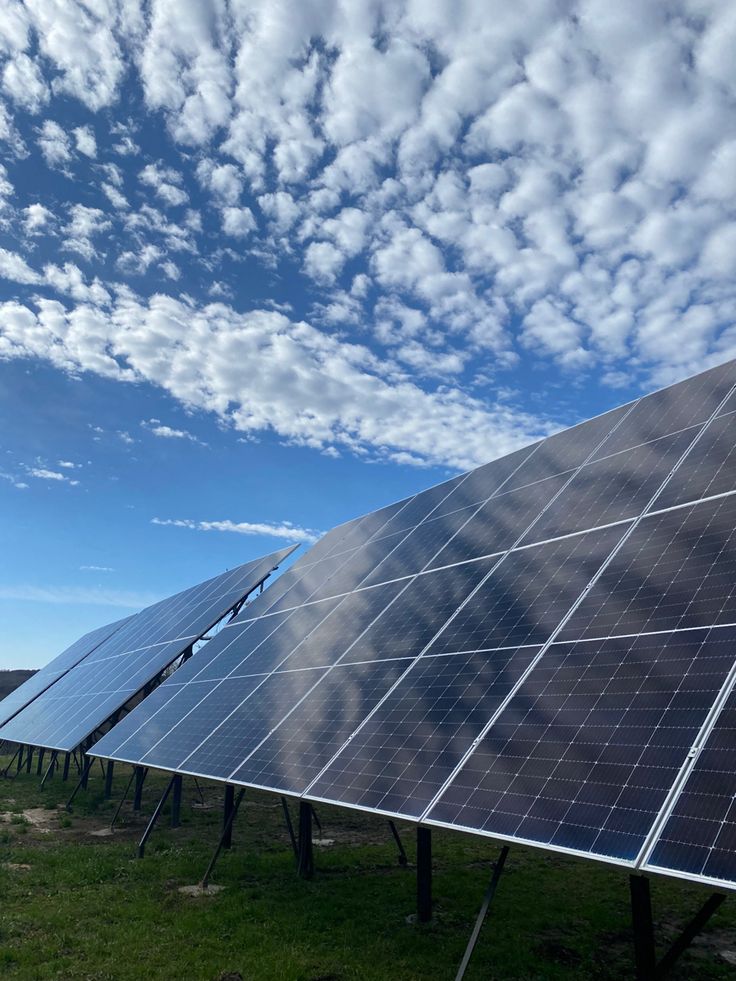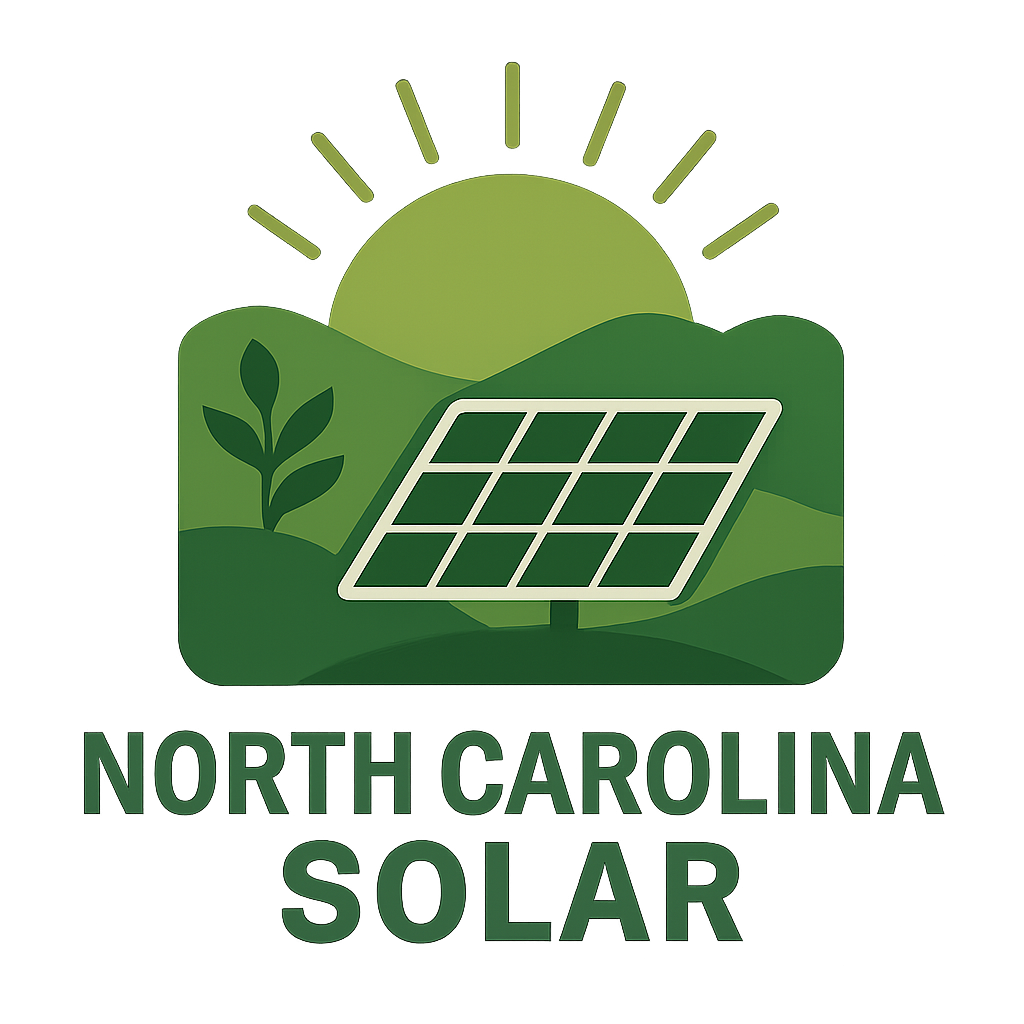Solar Panel Installation in Kill Devil Hills, North Carolina
Kill Devil Hills homeowners are leading North Carolina’s solar revolution, harnessing the state’s impressive 213 annual sunny days to slash electricity bills and boost home values. With North Carolina ranking as America’s second-largest solar producer, Kill Devil Hills residents enjoy prime conditions for solar energy success.
The combination of excellent solar exposure and unprecedented financial incentives makes 2025 the ideal year for Kill Devil Hills homeowners to make the solar switch. Duke Energy’s limited-time PowerPair program offers local residents up to $9,000 in direct rebates, while federal incentives provide an additional 30% tax credit on total system costs.

Why Kill Devil Hills is Perfect for Solar Power
Unique Kill Devil Hills Solar Advantages:
Prime Solar Location: Optimal sun exposure with minimal weather interference
Energy Cost Protection: Shield against rising utility rates in the Kill Devil Hills area
Instant Home Equity: Increase property value without higher taxes
Local Energy Independence: Reduce reliance on grid power during peak hours
Community Leadership: Join Kill Devil Hills’s growing clean energy movement
Kill Devil Hills Solar Investment Returns
A typical Kill Devil Hills solar installation costs $27,500 before incentives for a system sized to eliminate most electricity bills. After applying Duke Energy’s PowerPair rebates and federal tax credits, homeowners typically invest around $14,250 while securing decades of energy savings.
Real Kill Devil Hills Solar Numbers:
- Upfront investment after incentives: $14,250 (average 12kW system)
- Monthly electricity savings: $150-250 for typical Kill Devil Hills homes
- Break-even timeline: 7-9 years with current incentive stack
- 30-year energy savings: $45,000+ for average Kill Devil Hills household
These compelling economics reflect Kill Devil Hills’s favorable solar conditions combined with today’s historically generous incentive programs. The property tax exemption for solar installations ensures Kill Devil Hills homeowners capture the full financial benefit without increased annual tax obligations.
Exclusive Kill Devil Hills Solar Incentives
Duke Energy PowerPair – Limited Kill Devil Hills Availability
Kill Devil Hills residents qualify for Duke Energy’s groundbreaking PowerPair initiative, delivering up to $9,000 in instant rebates for solar-plus-battery installations. This program allocates $360 per kilowatt for solar panels and $400 per kilowatt-hour for energy storage, creating unprecedented savings opportunities.
PowerPair Advantages for Kill Devil Hills Homeowners:
- Immediate cash rebates: Up to $9,000 applied at installation
- Backup power capability: Protection during Kill Devil Hills area outages
- Enhanced grid benefits: Participate in Duke Energy’s virtual power plant
- Stacked savings: Combines with federal credits for maximum benefit
Capacity remains limited with no guarantee of program extension beyond current allocations. Kill Devil Hills homeowners interested in these substantial rebates should secure their position while funding remains available.
Federal Tax Benefits for Kill Devil Hills Residents
The federal solar Investment Tax Credit provides Kill Devil Hills homeowners with a 30% credit on total installation costs through 2032. This translates to approximately $8,250 in tax savings for a typical Kill Devil Hills solar project, significantly reducing the net investment required.
Unlike rebates that reduce taxable income, this credit directly offsets federal tax liability dollar-for-dollar. Kill Devil Hills residents can carry forward unused credits to future tax years, ensuring maximum benefit regardless of current tax situation.

Professional Kill Devil Hills Solar Installation
Streamlined Kill Devil Hills Installation Process:
- Customized Kill Devil Hills Design
- Site-specific engineering for Kill Devil Hills conditions
- Local permit coordination and HOA approvals
- Optimized system sizing for Kill Devil Hills utility rates
- Expert Kill Devil Hills Installation
- NABCEP-certified local technicians
- Weather-appropriate equipment for North Carolina climate
- Complete electrical integration and safety testing
- Kill Devil Hills Activation & Support
- Duke Energy interconnection and net metering setup
- Performance monitoring and warranty registration
- Ongoing Kill Devil Hills customer support and maintenance
Most Kill Devil Hills installations complete within 1-2 days, with minimal disruption to daily routines. Professional crews handle all technical aspects while keeping homeowners informed throughout the process.
Selecting Kill Devil Hills Solar Professionals
Quality Kill Devil Hills solar installations require properly licensed contractors familiar with local conditions and regulations. Essential qualifications include North Carolina electrical licensing, NABCEP industry certification, and Duke Energy Trade Ally status for rebate processing.
Critical Kill Devil Hills Installer Credentials:
- Local licensing: Valid NC electrical contractor permits
- Industry expertise: NABCEP certification and continuing education
- Utility partnerships: Duke Energy Trade Ally designation
- Proven experience: Successful Kill Devil Hills installation portfolio
Reputable Kill Devil Hills installers provide comprehensive warranties covering equipment, workmanship, and performance guarantees. They also handle all paperwork, from initial permits through final utility interconnection and rebate processing.

Advanced Solar Technology for Kill Devil Hills Homes
Modern solar installations in Kill Devil Hills utilize high-efficiency monocrystalline panels capable of generating 400-450 watts per panel. These premium components maximize energy production within available roof space while providing superior performance during North Carolina’s varied weather conditions.
Battery storage integration has become increasingly popular among Kill Devil Hills homeowners due to enhanced savings potential and backup power capabilities. Advanced lithium-ion systems store excess solar production for use during evening peak hours or unexpected power outages common during storm seasons.
Professional Kill Devil Hills installations include sophisticated monitoring systems allowing real-time performance tracking and immediate identification of any operational issues. This technology ensures optimal system performance while providing valuable insights into household energy consumption patterns.
Flexible Financing for Kill Devil Hills Homeowners
Kill Devil Hills residents access multiple financing options designed to make solar energy achievable regardless of available cash. Zero-down solar loans allow immediate installation while maintaining full ownership benefits and incentive eligibility.
Popular Kill Devil Hills Solar Financing:
- Cash purchase: Fastest payback and maximum lifetime savings
- Solar loans: $0-down options with competitive rates
- State programs: NC renewable energy loans with favorable terms
- Lease options: Lower upfront costs with managed maintenance
Professional Kill Devil Hills solar consultants help homeowners evaluate financing alternatives based on individual financial goals and household budgets. Most options preserve access to available rebates and tax credits while spreading costs over manageable payment terms.
Kill Devil Hills Community Solar Impact
Every Kill Devil Hills solar installation contributes to cleaner air, reduced carbon emissions, and enhanced energy security for the entire community. Residential solar systems typically prevent 3-4 tons of CO2 emissions annually while supporting local job creation in the expanding renewable energy sector.
Kill Devil Hills’s growing solar adoption demonstrates community commitment to environmental stewardship and energy independence. These installations reduce strain on the electrical grid during peak demand periods while keeping energy dollars circulating within the local economy.
As Kill Devil Hills continues embracing solar energy, property values benefit from the community’s forward-thinking approach to sustainability and energy cost management. This collective commitment positions Kill Devil Hills as a desirable location for environmentally conscious residents and businesses.
Ready to Power Your Kill Devil Hills Home with Solar?
Exclusive Duke Energy PowerPair rebates ending soon—secure your Kill Devil Hills solar savings today!
Join hundreds of Kill Devil Hills homeowners already enjoying the benefits of solar energy. With up to $17,250 in combined incentives available, there’s never been a better time to make the switch to clean, affordable solar power.
Your Kill Devil Hills Solar Consultation Includes:
- Custom energy analysis for your specific home and usage
- Complete incentive breakdown with maximum savings calculation
- Professional installation timeline and warranty details
- Financing options tailored to your budget and goals
